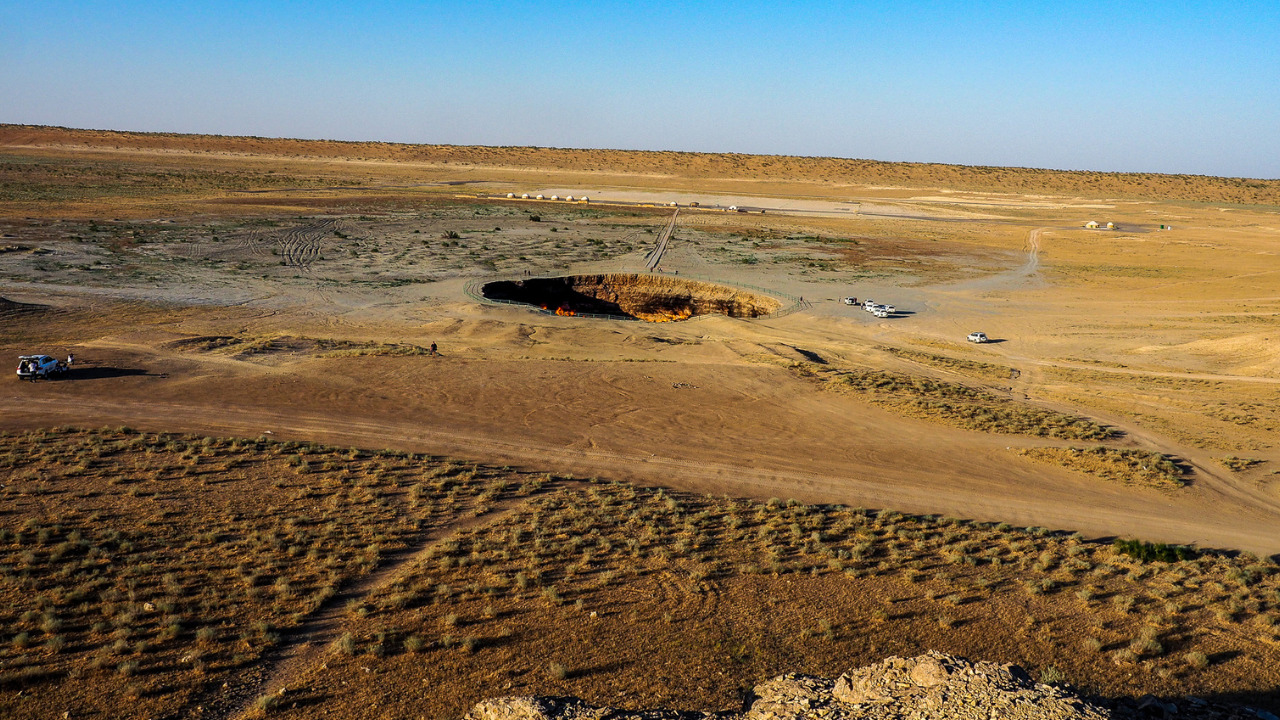Date first published: 29/08/2023
Key sectors: oil and gas
Key risks: business and economic risks
Risk development
On 25 July Turkmenistan’s Foreign Ministry issued a statement responding to “increased reports in international media” on the possibility of the construction of the Trans-Caspian Pipeline Project (TCP). In the statement, the Ministry called the TCP an “absolutely realistic project,” adding that there were no political, economic or financial factors that could hinder the construction of the pipeline. Notably, the Ministry also stated that the Convention on the Legal Status of the Caspian Sea – signed in 2018 provides for the “international legal validity” of the project. The statement raised hopes that the project – first proposed in the 1990s – could finally gain momentum and eventually be completed. However, contrary to the Ministry’s statement, there remain factors that could hinder the project’s construction.
Why it matters
The Ministry’s statement came as the European Union (EU) continues its efforts to diversify its gas supply lines following the 2022 energy crisis caused by Russia’s invasion of Ukraine. Ashgabat has the fourth largest gas reserves in the world, rendering it an attractive destination to import from. However, a lack of infrastructure has historically impeded attempts to transport its gas to Europe.
Following Russia’s invasion, the appetite for Turkmen gas and related interest in the TCP naturally increased – and not only among EU member states. In July 2022 Brussels reached a deal with Azerbaijan to double gas imports from Baku by 2027. The TCP could support Baku to meet – and even increase – its export commitments. In May 2023 Azerbaijani President Ilham Aliyev stated that Baku was ready to “provide the necessary transit” for the TCP. Ankara also appeared supportive of the project as 40 per cent of its gas imports currently come from Russia.
Background
TPC is a proposed undersea pipeline that would cross the Caspian Sea, connecting Turkmenistan and Azerbaijan. If constructed, it would be part of the Southern Gas Corridor (SGC) which connects Azerbaijan with southeastern Europe, potentially bringing 30bln cubic meters of gas to the EU annually. The pipeline was first proposed in the early 1990s and although it has experienced several waves of increased interest, it has never been implemented. There were several reasons behind that, including long-lasting disputes over the Caspian Sea delimitation, Russia’s assertive policy to limit competition in supplying gas to Europe and a lack of investors in the project.
Risk outlook
While Turkmenistan is currently experiencing another wave of interest in the TPC and the Ministry’s statement suggested that it was finally ready to capitalise on it, the likelihood of the pipeline’s construction remains relatively low. On 31 July an EU official told Bloomberg that there were “no contacts with Turkmenistan regarding future gas exports.” Communication with Turkmen authorities is generally a problem, with Ashgabat being one of the most unreliable trading partners due to the highly repressive and opaque character of the regime.
Another issue is the lack of finances for the project – Azerbaijani President Aliyev expressed concerns about the project’s funding in May when he pointed out that European banks were unwilling to fund fossil fuel projects. Indeed, as EU countries increasingly pivot towards renewables, the appetite for Turkmen gas is expected to decrease in the coming years.
Finally, there is Russia – the most vocal opponent of the TPC. Ashgabat has fostered good relations with Moscow and questions remain as to whether it would risk souring those ties over the project.



